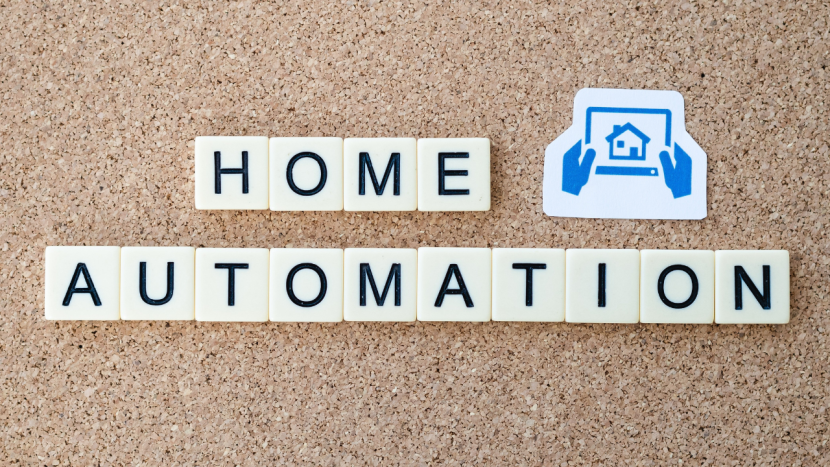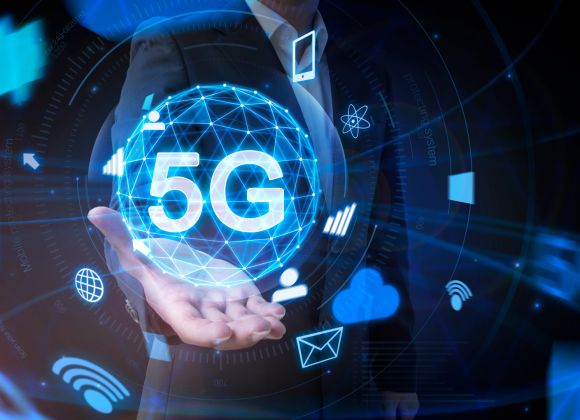The idea of a “smart home” once sounded like something out of science fiction. But today, home automation is no longer a futuristic fantasy—it’s rapidly becoming a practical reality. From voice-activated lights to app-controlled thermostats, home automation promises a new level of comfort, security, and energy efficiency. But before diving into a connected lifestyle, one question remains: Is home automation really worth it for you?
In this blog, we break down the benefits, drawbacks, and what you can expect from integrating smart technology into your home.
What is Home Automation?
Home automation refers to the use of smart devices and systems that can be controlled remotely through a smartphone, voice command, or programmed schedules. These devices can include lighting, security systems, thermostats, entertainment setups, appliances, and more.
A key feature is that many of these systems can be automated to operate based on your habits and preferences—for instance, turning off lights when no one is in the room or locking the door when you leave the house.
Popular smart home platforms:
Pros of Home Automation
1. Ultimate Convenience
Control your entire home with a few taps or voice commands. Whether you’re on the couch or halfway around the world, you can operate devices like lights, fans, locks, or cameras using your phone or voice assistant.

2. Energy and Cost Savings
Smart thermostats, lights, and plugs help reduce unnecessary energy usage. Devices like the Nest Thermostat learn your preferences and optimize usage patterns to cut down on bills.
Example: A smart thermostat can save up to 10-15% annually on heating and cooling.
3. Enhanced Home Security
Smart security systems offer real-time surveillance, motion detection alerts, and remote monitoring. Devices like the Ring Doorbell or Arlo cameras can alert you instantly to activity, even when you’re away.
4. Remote Access
Forgot to turn off the lights? Want to let someone in while you’re not home? With smart locks, lights, and appliances, remote access gives you control from anywhere.
5. Customizable Automation
Create personalized routines like “Good Morning” to open blinds and turn on lights or “Movie Time” to dim lights and start your favorite streaming app.
🔗 Automate with tools like IFTTT (If This Then That)
6. Boosts Property Value
Smart homes are an attractive selling point. In fact, a Coldwell Banker survey revealed that 81% of buyers are more likely to choose homes with smart features installed.
Cons of Home Automation

1. High Initial Costs
Quality smart devices can be expensive. Outfitting a home with smart tech may range from ₹50,000 to over ₹3 lakhs, depending on how many devices you install.
Tip: Start small with basics like smart plugs or a speaker before committing to a full setup.
2. Privacy and Security Risks
Smart devices collect a lot of data. If not secured properly, hackers could gain access to your home network or even your cameras.
Recommendations:
- Use two-factor authentication
- Regularly update firmware
- Secure your Wi-Fi with strong passwords
🔗 Tips to Secure Your Smart Home—Norton

3. Internet
If your Wi-Fi isn’t working, your smart home might not work either. Most smart devices depend on a strong, stable internet connection to function properly.
4. Compatibility Issues
Not all devices work together seamlessly. Some may be exclusive to Amazon Alexa, while others only support Google Assistant or Apple HomeKit.
Tip: Look for Matter-certified devices for broader compatibility across ecosystems.
5. Learning Curve
Smart homes can be confusing at first, especially for the non-tech-savvy. Setting up routines, troubleshooting, or syncing devices may require time and patience.
Cost Breakdown: What You Might Spend
| Device Type | Price Range (INR) |
| Smart Bulbs | ₹800 – ₹3,000 |
| Smart Speakers | ₹3,000 – ₹12,000 |
| Smart Plugs | ₹700 – ₹2,500 |
| Smart Cameras | ₹3,000 – ₹15,000+ |
| Smart Thermostats | ₹8,000 – ₹20,000 |
| Full Home Setup | ₹50,000 – ₹3,00,000+ |
What to Expect from Smart Homes in the Future
The world of smart homes is evolving fast. Here’s what’s around the corner:
- AI-Driven Automation: Smart devices will become more intuitive, predicting your needs before you even ask—like warming up your house on a cold morning or brewing your coffee when your alarm rings.
- Universal Compatibility: The Matter protocol is simplifying integration. Soon, you won’t have to worry about whether a device works with Alexa or Google—it will work with all.
- Sustainability Features: Expect smart homes to focus more on green living—think smart water systems, energy dashboards, and solar-powered devices.
So, is home automation worth it for you?
Home automation is worth considering if you value comfort, convenience, lower energy bills, enhanced security, and having future-ready technology in your home. However, it might not be the right fit if you’re working with a limited budget, prefer traditional systems, have concerns about data privacy, or lack a stable internet connection.




